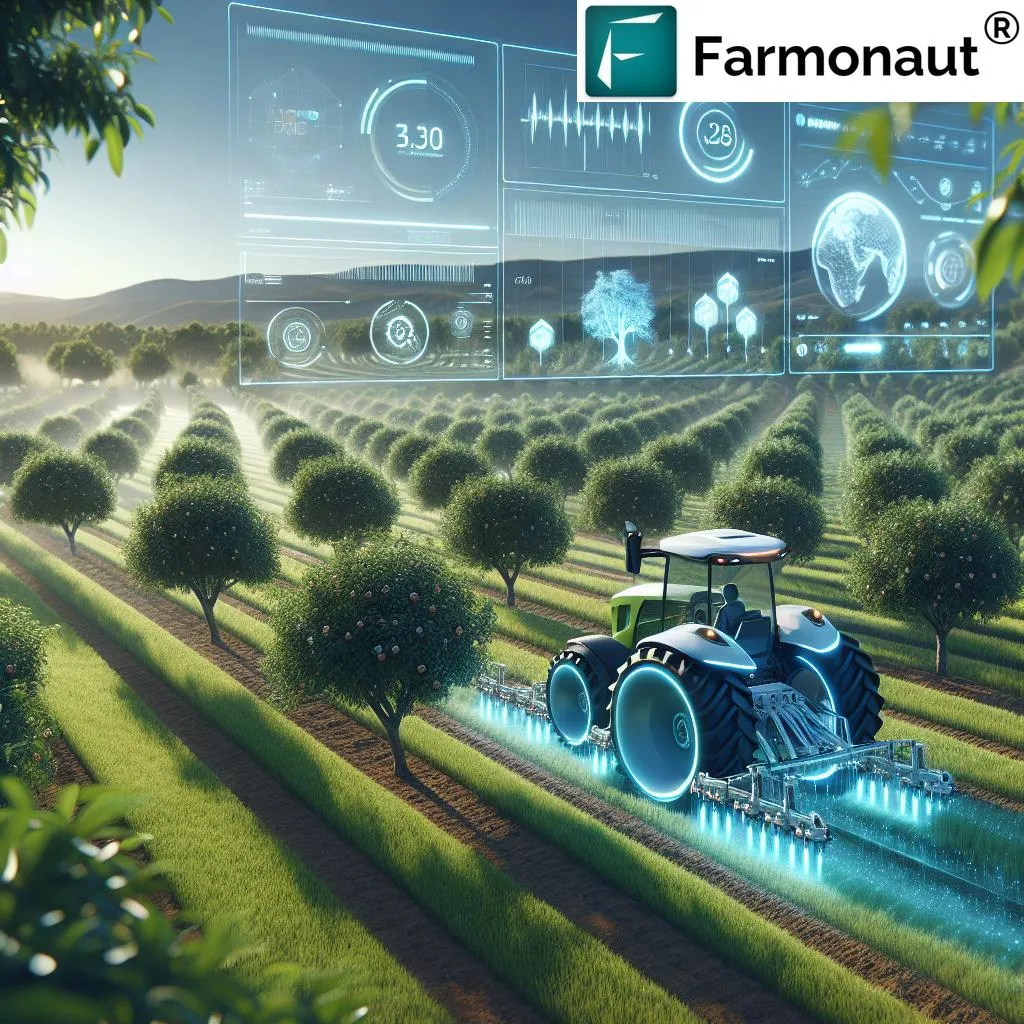As the world moves deeper into 2025, a quiet but significant shift is taking place in global agriculture: a growing number of sustainable farms are turning to traditional tractor methods and heritage farming practices to bolster environmental resilience. New data reveals that over 60% of farms prioritizing sustainability now integrate elements of vintage tractor technology and time-tested agricultural techniques—a trend that underscores the enduring value of farming heritage in an era of climate uncertainty.
The resurgence of these methods isn’t about nostalgia; it’s a pragmatic response to modern challenges. Heritage agriculture, rooted in centuries of localized knowledge, offers solutions that industrial farming often overlooks. Crop rotation systems, organic fertilization, and heirloom seed preservation—once considered relics of the past—are now recognized as critical tools for maintaining soil health, reducing chemical dependency, and safeguarding biodiversity. Research suggests that farms adopting these practices could see a 35% improvement in soil health by 2025, a vital metric as climate change intensifies pressure on arable land.
Tractors, too, are part of this heritage revival. While today’s fields are increasingly populated by AI-driven, GPS-equipped machines, the simplicity and durability of vintage tractors remain influential. Early models, designed for ease of repair and longevity, set a precedent for sustainability—many still in operation decades later. Heritage tractor clubs and exhibitions have surged in popularity, serving as both educational platforms and reminders of agriculture’s mechanical evolution. The juxtaposition of old and new is striking: smart tractors now optimize fuel and resource use with precision, yet their underlying principles—efficiency, reliability—echo the ethos of their predecessors.
The economic and cultural implications of this trend are equally compelling. Heritage varieties, from ancient grains to rare livestock breeds, are finding new markets as consumers seek authentic, sustainable food sources. Blockchain-based traceability systems allow farmers to certify the origin and sustainability of these products, commanding premium prices. Meanwhile, agritourism initiatives centered on heritage farming—vintage tractor displays, heirloom crop festivals, and traditional harvest experiences—are revitalizing rural economies, drawing urban visitors eager to connect with agricultural roots.
Yet the movement extends beyond economics. Farming heritage is increasingly tied to cultural identity, with schools incorporating agricultural history into curricula and communities rallying around shared traditions. In regions facing depopulation, these efforts foster pride and continuity, ensuring that knowledge passed down through generations isn’t lost to modernization.
The integration of heritage practices with modern technology—such as satellite-powered tools that optimize crop rotation or AI-driven water management—demonstrates that sustainability doesn’t require a choice between past and future. Instead, the most resilient farms are those that blend inherited wisdom with innovation. As climate pressures mount, this fusion may well define the future of agriculture: one where tradition and technology work in tandem to feed the planet sustainably.

